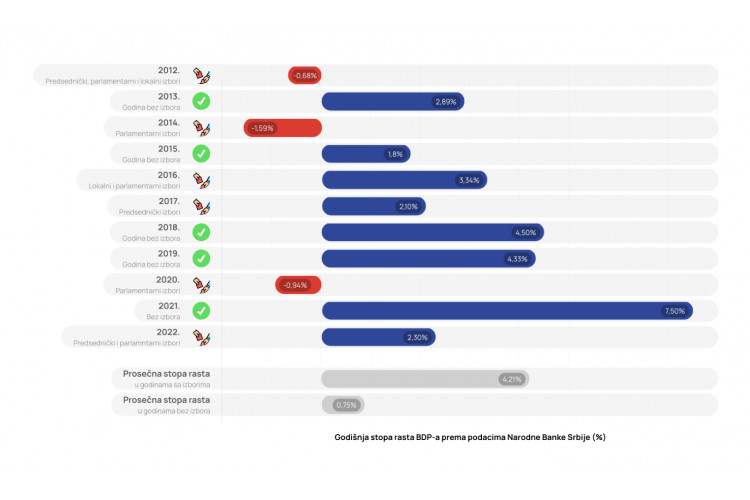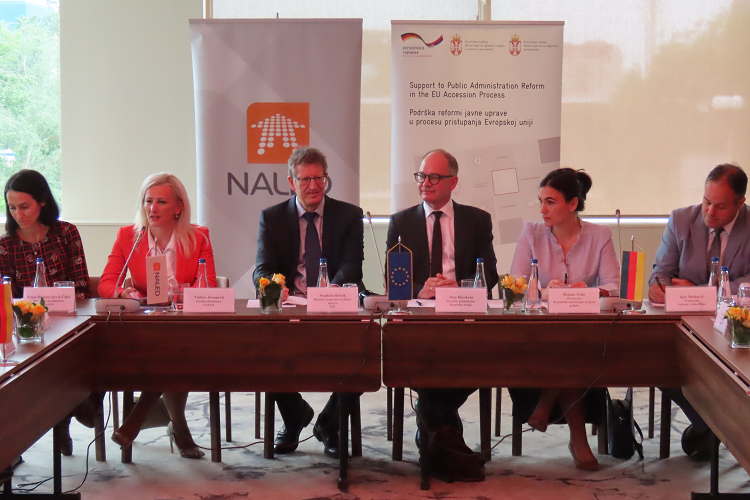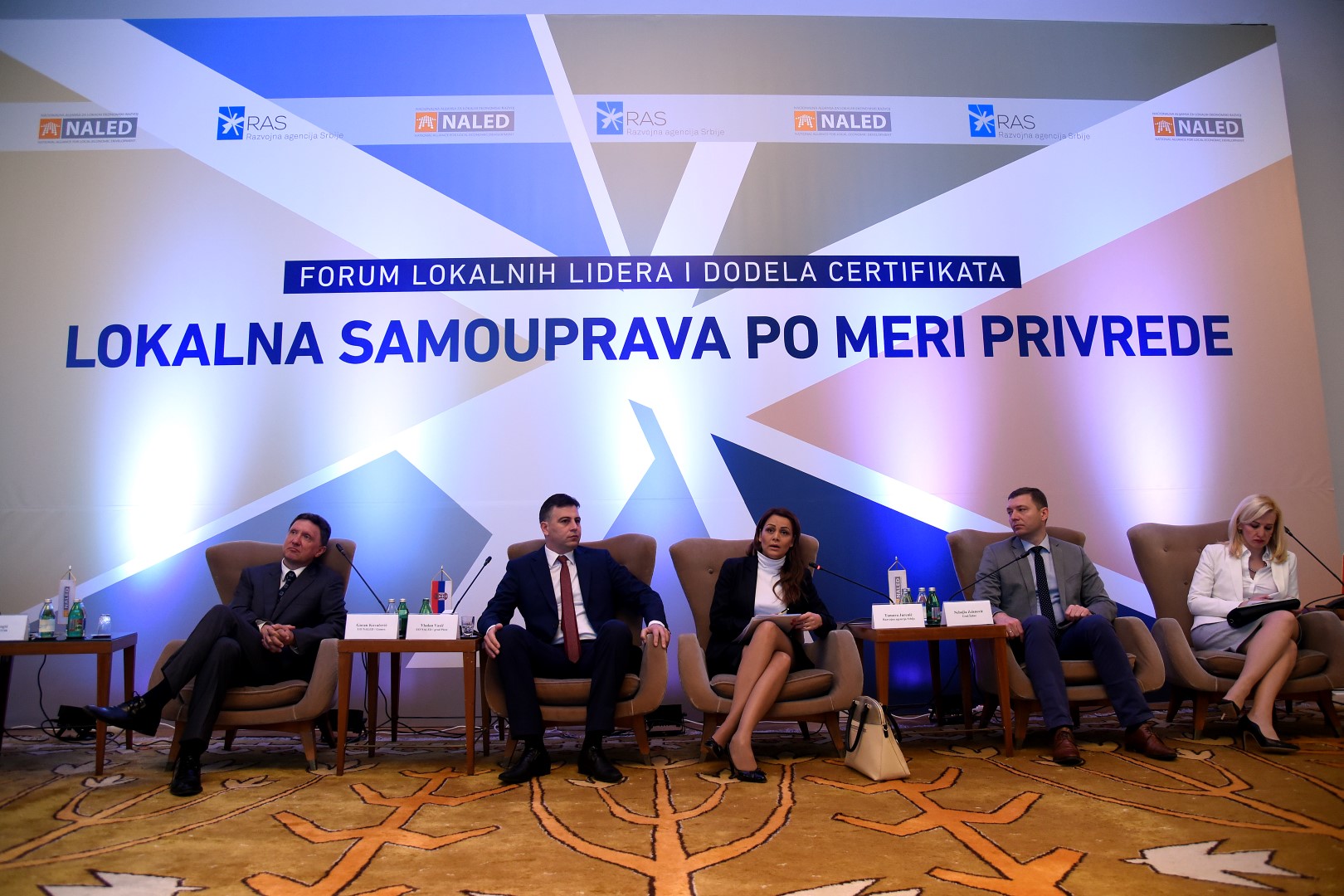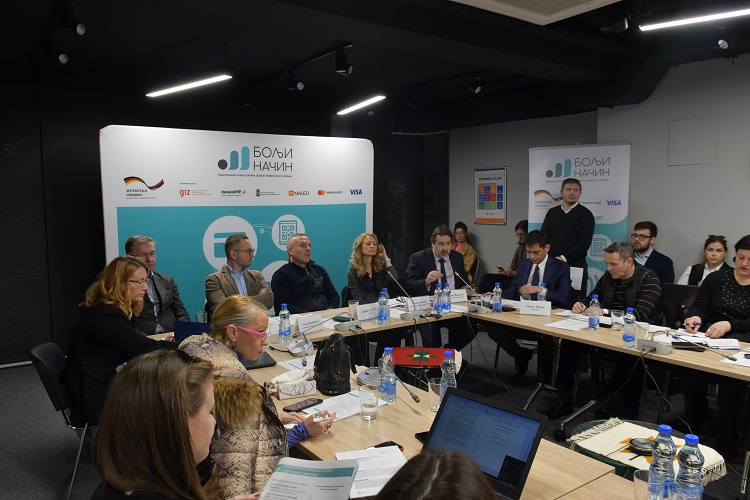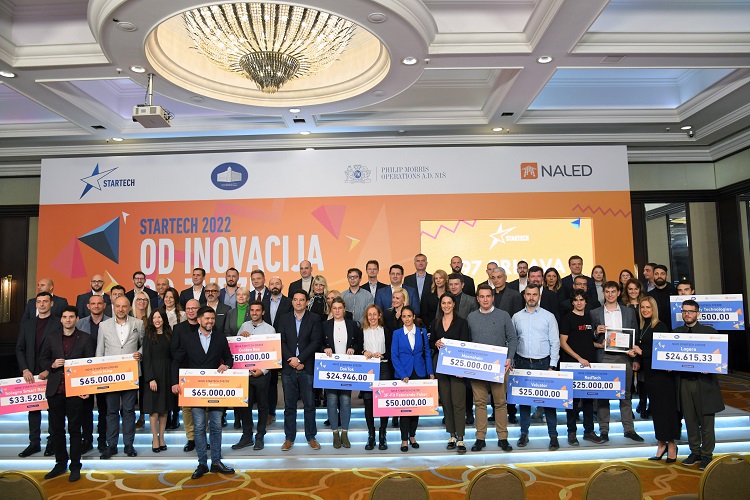How much would new elections cost - GDP growth could slow down up to five times
A little more than a year has passed since the previous elections, and there is already talk about a new edition in the fall, the holding of which could potentially slow down the Serbian economy and legislative activities. According to NALED's calculation based on the data of official statistics, in the election years, the rate of economic growth fell by up to five times, compared to the years in which we did not go to the polls.
- From 2012 to 2022, we had six years with republican, parliamentary and presidential elections and five years without going to the polls. The average GDP growth rate in the years without elections was 4.2% and was even five times higher than in the years when there were elections - 0.75%. I expect that the possible announcement of elections will not have a major impact on the performance of the economy, and to the extent that this impact exists, it will be slightly negative. On the other hand, the effects on the adoption of laws and the activity of the public administration are easily predictable - says Dušan Vasiljević, Director for Competitiveness and Investments at NALED.
According to him, we can expect a suspension of the adoption of laws for about six months, a decrease in the intensity of the activities of the state administration in performing daily tasks and a short-term increase in public expenditures in order to win over different segments of the electorate. This can have the effect of a slight stimulus to economic activity in the short term, and potentially a challenge in the long term, when it will be necessary to compensate the funds that were directed to non-productive purposes in support of the campaign.
- The absence of business environment reforms is what marked 2022, which was an election year, which is a big missed opportunity, because dozens of good initiatives are waiting for adoption for a long time. We hope that such a scenario will not happen again this year - emphasizes Vasiljević.
In the fall, NALED will publish the new Regulatory Index of Serbia, a report that measures the quality of enactment and enforcement of regulations (degree of implementation of the plan for enactment of laws, involvement of interested parties, measurement and monitoring of the effects of laws on the economy, implementation of regulations, etc.).
Vasiljević reminds that the regulatory environment in the previous RIS for 2021/22 received a score of 47 out of a maximum of 100, which shows that we are only halfway to the desired standard. One of the most impressive data is that in 2021, the Government of Serbia planned to adopt 397 laws, of which 86 were adopted. Although this is only a fifth of the achieved goal, it is a better result than in 2020, which was both an election year and when it was adopted only 11% of planned laws.
On the other hand, Vasiljević does not expect that potential elections will have a greater impact on economic plans, because they are not made based on election cycles, which are relatively unpredictable in our country.
- According to the direct testimonies of investors that we received, political stability and predictability are among the most significant positive characteristics of our business environment. Personally, when I first heard such words many years ago, they were confusing, because I expected that they expected much more from the state than stability and a predictable business environment. In the meantime, I have heard the same thing so many times, especially in the context of business problems in some economies in the environment where there is no such stability and predictability. I don't see any expectation among businessmen that the elections, if they happen, will neither resolve the key uncertainties that color the business environment nor call into question the basic directions of economic policy. So I wouldn't say that businesses are in anticipation of whether the election will take place - says Vasiljević.
He reminded that, at the end of last year, NALED members presented to the Government of Serbia a proposal for 35 measures to improve business conditions, which they consider a priority for accelerating economic growth, developing the economy and attracting investments, greater efficiency of public administration, job creation and better standards of citizens. These measures have not yet been implemented.

